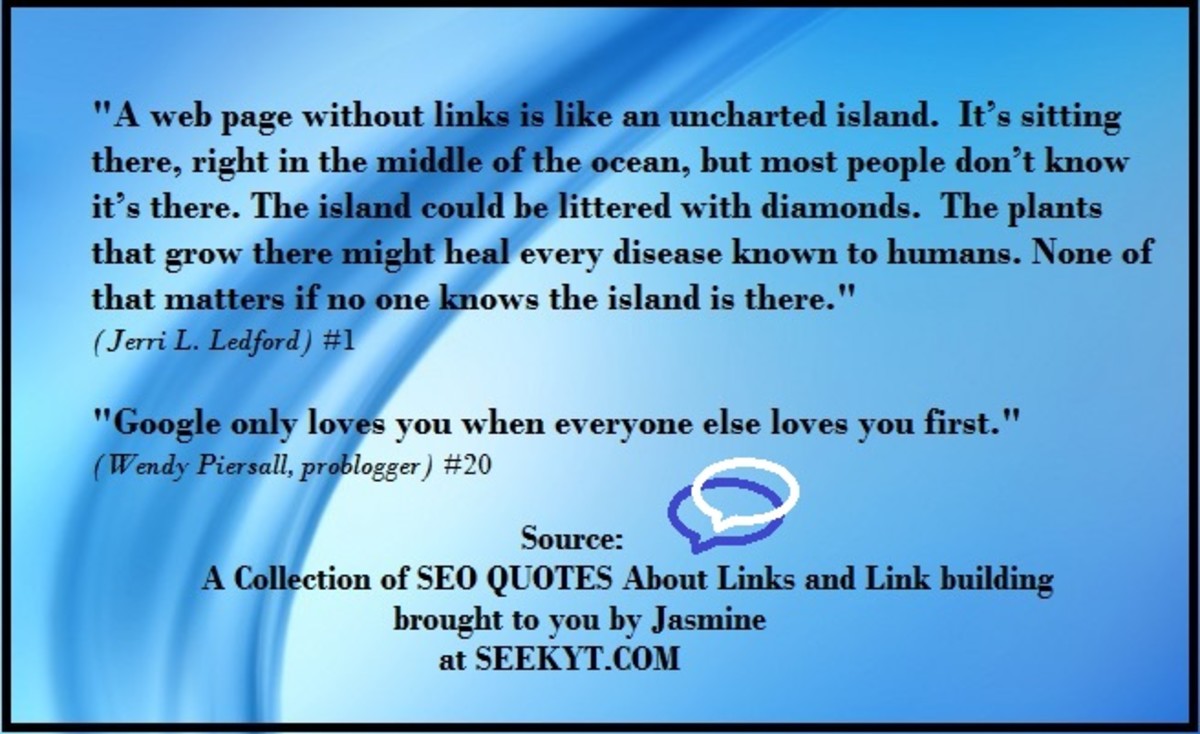The Google Panda and Google Penguin Updates were a good thing for web content writers

Now that the dust has settled on the latest big-band updates to Google's search algorithm, what has the impact on web content writers been?
In a word... good. For writers on genuine useful web content, who want to think about the end human user, not tricking a mchine into getting a high page ranking. For writers who got used to churning out meaningless 300 word chunks... maybe less good. For content spinners and this content aggregagators - well the worse it is for them, the better for the genuine writer.
Better pay rates
If users can find better, more relevant content more easily, they will be more receptive to relevant adverts. Therefore advertisers will be willing to pay more for adverts. This means more revenue for good content. That's a win for the user, a win for the advertiser, a win for Google and a win for the content writer.
I know some people took a hit in the short run as they had to change their approach. And there is less guaranteed income - follow a formula and earn. But that's how it should be - now writers have to focus on quality.
Ultimately, if the web writing market functions right, you get paid for what you add to people's lives. There should be no reward for spamming and other black hat techniques. And the less they get the more money there should be to reward genuine quality content that solves users problems and makes their lives better.
Not being lost in the mush
If the web is full of thin spun content, and search engines can't tell the difference between that and genuinely useful, well written articles, everyone loses. Users can't find what they need (or take longer to do it). Advertisers and search engines can't target their adverts efficiently at those people who are interested in them. And web content writers can't get high quality work found as it is lost in a swamp of thin 300 word articles that repeat a keyword exactly five times but tell you nothing at all.
Some useful books from Amazon
Not having to keep up with the SEO wizards
Of course we should still try to make our web content shine for search engines. Search engines will still drive most of our traffic. But if these updates make search engine rankings harder to game there won't be pressure to try and join in with questionable SEO tactics, so we can focus on providing something useful and enjoyable for (human!) readers.
I don't want to spend time and money on things I hate like blog comment spam, setting up hundreds of zombie blogs just for backlinks or other things that make the internet worse just to compete with the black and grey hat SEO wizards. I want to create great content and find it an audience.
Further reflections
Now that I have had a chance to see my traffic pre and post the big algorithm changes I'm sure I'm getting more and better Google traffic to my pages. That might because I have also become a better webwriter, but I don't think that explains all of it.
And think of your experience as a Google user (and if you're not, um, really? aren't you?). Don't the search results seem to find better and more relevant pages? Ultimately that is what web content is about. Write something useful. Make sure the right people can find it.
It's not just me that thinks this - see this article from an SEO pro.
So?
Writing web content is both easy and difficult. Easy because anyone with a keyboard can bash out a few sentences on a topic and press post. Difficult because there is so much competition for eyeballs it is really hard to make enough money to justify the effort of crafting a web article. And if you have to compete against bots churning out spun content and then using black hat search engine optimization to collect almost all of the search engine traffic, well it becomes almost impossible.
But these updates, Google Panda and Google Penguin are the first step to letting quality win over quantity. And for letting good web content writers win over pure content marketers (who don't care about the quality or usefulness of what they produce). Long may it continue.









